
Milk is essentially an emulsion of fat and protein in water, along with dissolved sugar, minerals (including calcium and phosphorus), and vitamins, particularly vitamin B complex. Commercially processed cow's milk is commonly enriched with vitamins A and D. Many countries require pasteurization to protect against naturally occurring and artificially introduced microorganisms. Cooling further prevents spoilage (souring and curdling). Fat from whole milk (about 3.5% fat) can be removed in a separator to produce cream and leave low-fat milk (1–2% fat) or skim milk (0.5% fat). Milk is usually homogenized, forced under high pressure through small openings to distribute the fat evenly. It may also be condensed, evaporated, or dehydrated for preservation and ease of transport.
Tests available for following adulterants and parameters
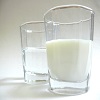
Water
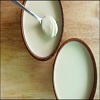
Starch
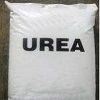
Urea
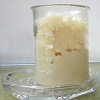
Vanaspati
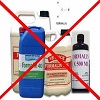
Formalin
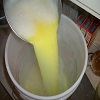
Detergen
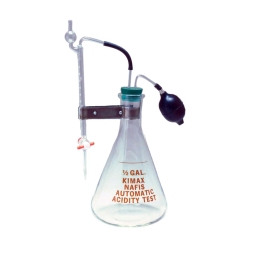
Shigella sonnei

Clostridium.perfringens (Welchii) type A
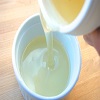
Test for Glucose/inverted sugar
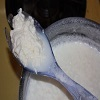
Test for synthetic milk
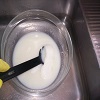
Caustic Soda